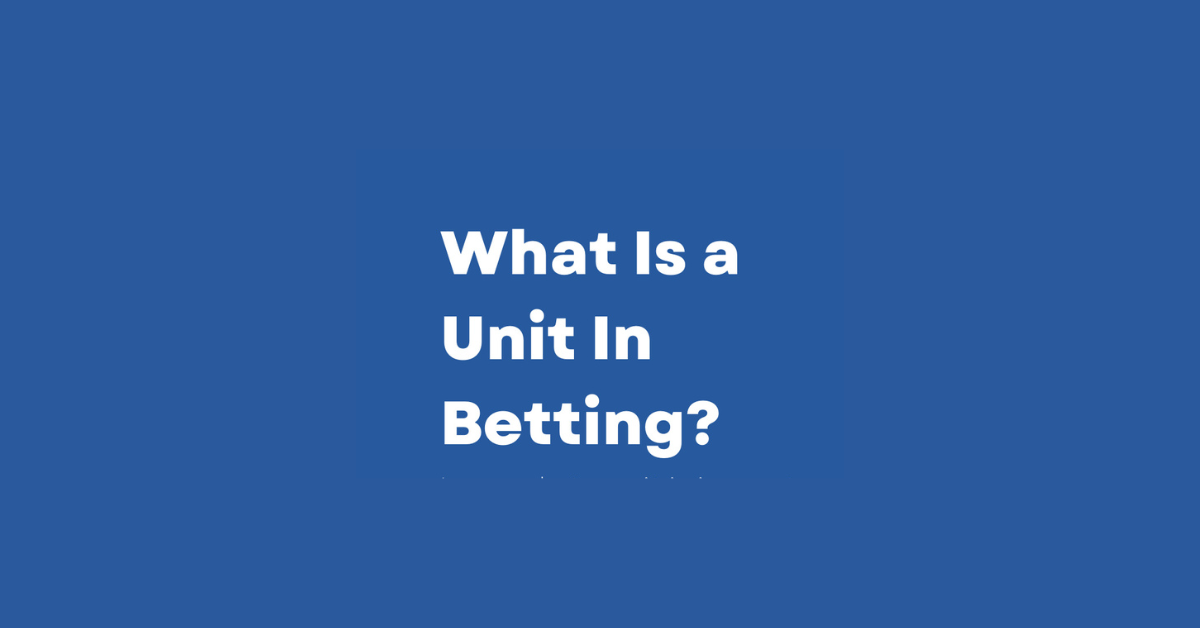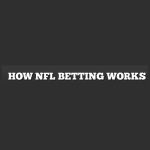Definition of a Betting Unit
A betting unit is a standard measure that bettors use to determine the size of their bets. It is a way to standardize the amount of money or stake wagered on each bet, regardless of the overall size of the bankroll. For example, if a bettor decides that one unit equals $10, then every bet placed will be in multiples of $10.
The concept of a betting unit helps bettors manage their bankroll effectively by keeping their wager sizes consistent. This approach allows bettors to avoid emotional decision-making that may lead to reckless betting behavior. By sticking to a predefined unit size, bettors can maintain discipline in their betting strategy and avoid overextending their bankroll on any single bet.
How Units are Used in Betting
Units are commonly used in betting to help bettors manage their bankroll effectively. By using a standardized unit size, bettors can better track their wins and losses, as well as analyze the profitability of their bets over time. This approach allows for a more systematic and disciplined betting strategy, helping to avoid emotional decisions based on short-term outcomes.
Furthermore, units serve as a consistent benchmark for measuring the success of bets across different sports or betting markets. Whether a bettor is wagering on football, basketball, or horse racing, utilizing units provides a universal method for assessing performance and adjusting betting strategy accordingly. This standardized approach fosters discipline and organization in one’s betting practices, ultimately leading to more informed and strategic decision-making.
Why Units are Important in Betting
Units are crucial in betting as they help gamblers manage their bankroll effectively. By using a consistent unit size, bettors can establish a disciplined approach to their wagering activities, ensuring that they don’t overspend or chase losses impulsively. It allows for a structured and sustainable betting strategy that promotes long-term profitability rather than short-term gains.
Moreover, units provide a standardized way to track progress and evaluate the success of betting strategies over time. By measuring results in units rather than monetary amounts, individuals can focus on the quality of their decision-making process rather than the immediate monetary outcome of each bet. This approach fosters a more objective and rational mindset, helping bettors avoid emotional reactions to wins or losses and stay focused on making informed and strategic betting choices.
The Relationship Between Units and Bankroll Management
Effective bankroll management is essential for any bettor looking to sustain long-term success. This involves determining the size of your betting unit in relation to your overall bankroll. By using a consistent unit size, you can protect your funds from swift depletion during losing streaks while maximizing potential profits during winning streaks.
The relationship between units and bankroll management is directly tied to the concept of risk management. By allocating a specific portion of your bankroll to each unit, you can limit the impact of individual losses on your overall funds. This disciplined approach helps bettors navigate the inevitable highs and lows of sports betting without risking financial ruin.
Determining Your Betting Unit Size
To determine the size of your betting unit, it is essential to consider your overall bankroll. Your betting unit should be a fraction of your total bankroll, typically around 1-5%. This percentage allows for enough flexibility to withstand losing streaks while also maximizing potential profits. For instance, if your total bankroll is $1000, a 2% betting unit would equate to $20. This approach helps in managing your funds efficiently and avoiding reckless betting decisions that could deplete your bankroll quickly.
Another factor to consider when determining your betting unit size is the level of risk you are comfortable with. If you are more conservative in your approach, opting for a smaller betting unit size might be preferable to minimize losses. Conversely, if you are willing to take on more risk for potentially higher returns, a larger betting unit size could be more suitable. Finding the right balance between risk and reward is crucial in establishing a betting strategy that aligns with your financial goals.















